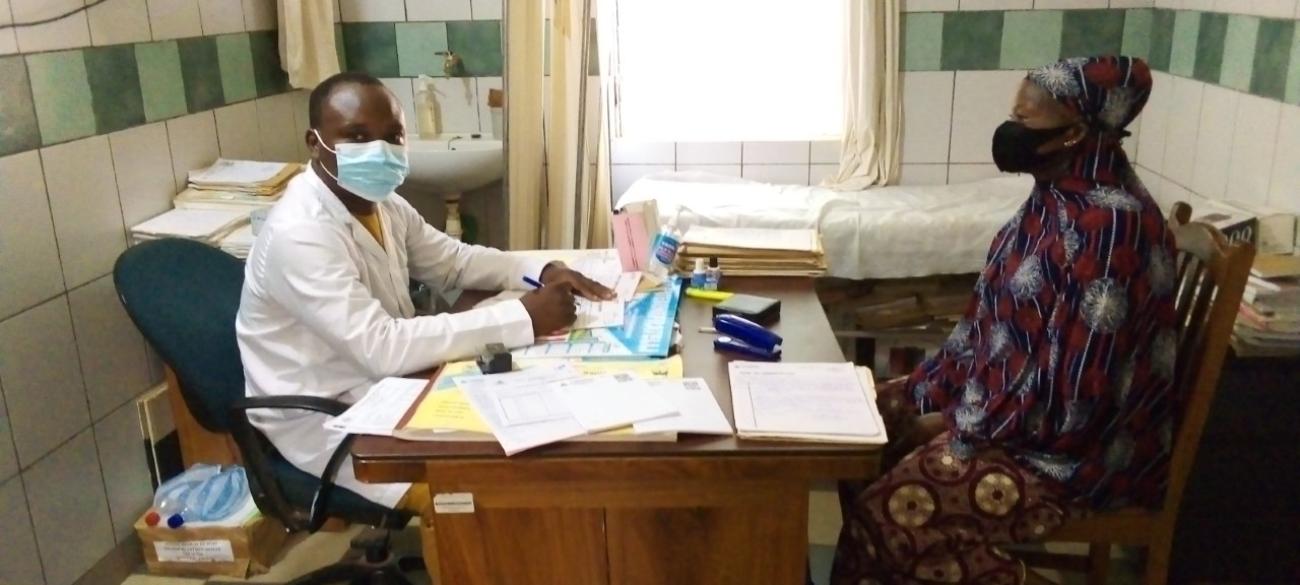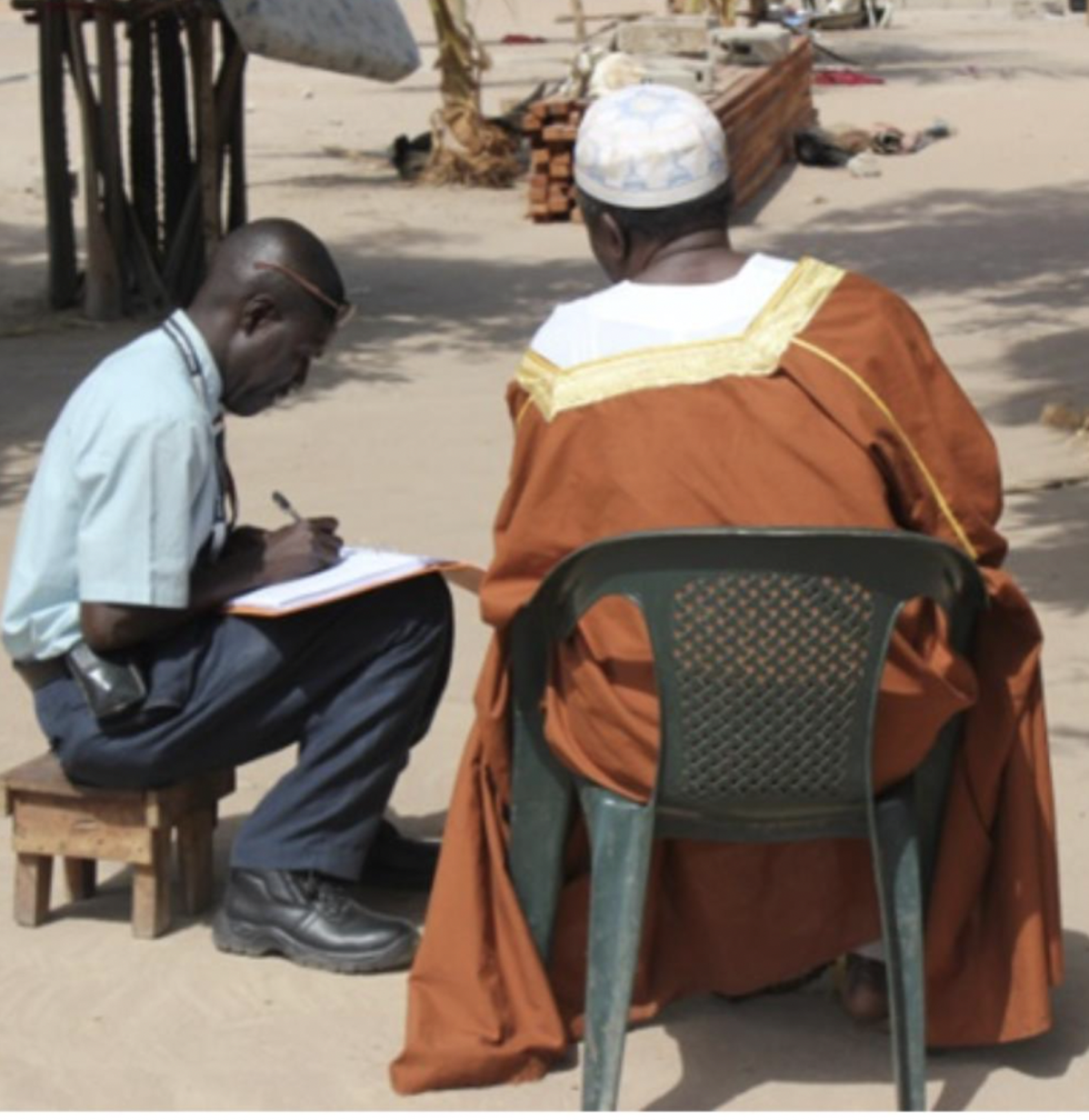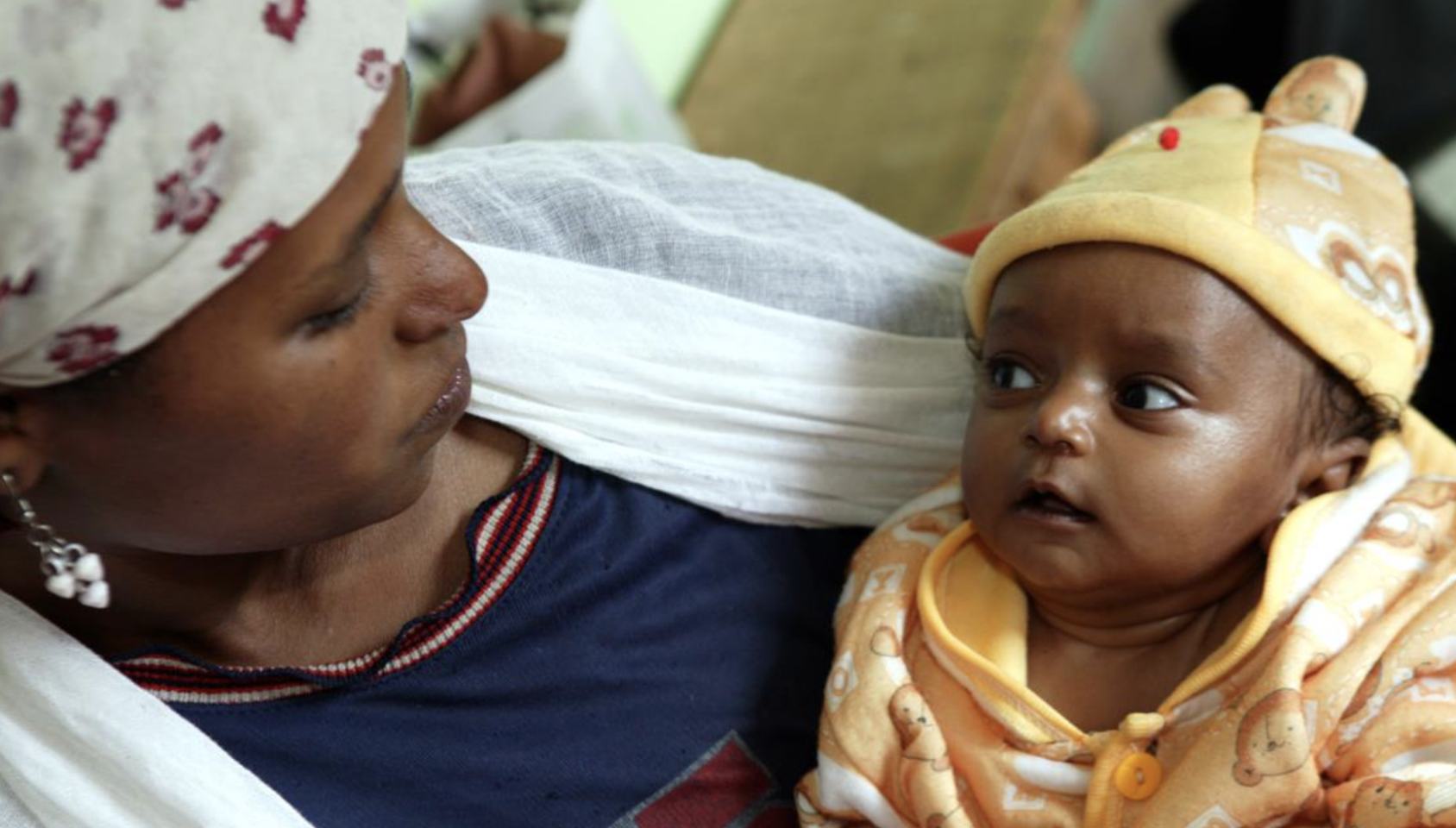Combatting viral hepatitis in Benin: The United Nations at the forefront

Boniface (not his real name), a father of six and nursing assistant at the Saint Jean de Dieu hospital in Tanguiéta, in northwestern Benin, about 600 km from Cotonou, had a painful experience with viral hepatitis, an inflammation of the liver caused by a virus, which can be fatal.
During a routine blood donation, he was diagnosed with the hepatitis C virus. He had no symptoms, hence his surprise to learn his serological status. "I was distraught, panicked, and surprised when I heard the result. I remained silent. I was scared," he recalls.
Relatively unknown to the general public, viral hepatitis is a serious public health issue in Benin, as in many other countries. According to the World Health Organization (WHO), there are five types of viral hepatitis: A, B, C, D and E. However, types B and C are considered the most dangerous. In Benin, these two types of viral hepatitis combined has killed as many people, if not more, than HIV/AIDS or malaria, a situation mainly due to a lack of awareness among the population.
"This is a very serious disease. I have seen people suffering from it die. I personally don't know how I contracted the virus," Boniface wonders to this day.
Like Boniface, many people are unaware of the behaviors and situations that lead to the transmission of viral hepatitis. According to data from the Benin National Blood Transfusion Agency, 1.4 million Beninese have hepatitis A, B, or C, which means that one in seven citizens live with the disease without knowing it.
Apart from hepatitis B, which the public generally knows can be transmitted through unprotected sex, the modes of transmission of the other types are relatively unknown.
"The modes of transmission differ depending on the type of virus," says Dr. Euloge Houndonougbo, hepato-gastroenterologist at the Saint Jean de Dieu hospital in Tanguiéta. "For the two viruses of greatest concern, types B and C, which are likely to lead to chronic diseases or complications, there is a significant risk of vertical transmission from mother to child. Besides, there is what we call horizontal transmission, which may occur in different circumstances: within a family or a community through close contact between people with skin injuries, during unprotected sexual intercourse - which is why we call hepatitis a sexually transmitted infection (STI), or through contact with infected blood, either in hospitals during medical procedures (transfusion, surgery, hemodialysis sessions, acupuncture, dental care), or via skin break-ins caused by non-medical procedures (tattoos, piercings, unmedicated circumcisions, scarifications, etc.)"
A disease that is still taboo

When he learnt he had contracted the virus, Boniface was overcome with shame.
"I was afraid that my friends and relatives, who know nothing about this disease, would run away from me. I didn't want to suffer discrimination and live in shame. I decided to only tell my wife, who had tested negative," he says.
Boniface had to undergo several months of treatment. Ten years later, he considers himself lucky to have had access to an effective treatment that stabilized his viral load. Unfortunately, many are not as fortunate as he was in recovering their health.
A silent disease and a serious public health issue
Hepatitis is usually an asymptomatic disease that can progress silently before a diagnosis is made. In addition, the fear and the taboos associated with it often cause the person to deny it, which, in turn, can lead to a late diagnosis and the progression of the inflammation towards a more serious disease, such as liver cancer.
Jacques (not his real name), an HIV mediator for an NGO, knows this situation. Within two years, he lost two close members of his family to viral hepatitis.
"It happened in 2016. Faced with the utterly deteriorating health of my older brother, I decided to take him to the hospital for tests. The test revealed a dual infection with hepatitis B and C. The symptoms he had were a bloated stomach, yellow eyes and pain. No treatment was possible in Tanguiéta because there was no hepatologist. So, we had to travel 60 km to get to Porga, the neighboring town. Unfortunately, it was already too late, and my brother passed away a few days later, after having been to several hospitals and seen several traditional therapists."
When his older brother, who was 59 years old, died, Jacques endured a double penalty. He went through grief, and also had to take care of 19 children - his brother's 12 children and his own seven children. As if the ordeal was not hard enough, two years later he lost his younger sister, who also had hepatitis C. Jacques recalls painfully, bruised by the cruelty of the hardships he went through:
"Not only did I go through difficult times losing two close relatives of mine, but I also had to face financial problems."
Indeed, viral hepatitis is a disease that not only causes grief, but also can represent a very important socio-economic burden for many families.
Late diagnosis and consequent prohibitive treatment costs
"Without early diagnosis, the treatment of viral hepatitis can be extremely costly, especially in the advanced phase of cirrhosis or liver cancer," Dr Houndonougbo says, pointing out the financial challenges families face when they have to bear the cost of hepatitis treatment.
"One day, in consultation, I prescribed antivirals to a patient with hepatitis C. When I said to him that he would need to buy three boxes of that treatment, each of which costs 175,000 CFA francs – around 135 US dollars, he cried out : "The salary I earn in three months is not even enough to buy one of these boxes!" I felt deeply affected that day," Dr Houndonougbo says.
Considerable progress made in Benin with United Nations’ support

Despite the significant challenges that remain, considerable progress has been made in Benin, particularly in the area of patient care. Currently, the drugs used for hepatitis B do not cure patients, but rather aim to stop viral replication in order to reduce the risk of cirrhosis and liver cancer. However, there is a very effective vaccine to prevent hepatitis B.
In Benin, hepatitis is considered a priority disease and is integrated in the 2018-2022 National Health Development Plan. It is also among the diseases monitored by the National Council to Combat HIV/AIDS, Tuberculosis, Malaria, Hepatitis, Sexually Transmitted Infections and Epidemics.
"The UN’s support in the fight against hepatitis is multidimensional. We contribute to the development of an integrated approach to prevent and combat these infections through the development of normative documents and the building health workers’ capacities", says Dr Télesphore Houansou, Adviser in charge of the fight against AIDS, tuberculosis, hepatitis and malaria at the WHO Representative Office in Benin.
Pursuing global efforts to eliminate hepatitis by 2030
Due to lack of information, a large proportion of the population in Benin is unaware of the risk situations that can cause them to contract the hepatitis virus. Similarly, for fear of stigma and discrimination, many Beninese do not have their symptoms diagnosed, and these, in some cases, eventually reveal a viral hepatitis that is unfortunately too advanced to be treated.
Yet, Dr. Houndonougbo insists:
"Viral hepatitis is a preventable, treatable and, in the case of hepatitis C, a curable disease."
This year's World Hepatitis Day, whose theme is “Hepatitis can’t wait”, provides an opportunity for the United Nations and governments to raise awareness on hepatitis as a serious health threat and to promote measures to combat it. Let us not forget that a person dies every 30 seconds of viral hepatitis, a situation likely to worsen due to the COVID-19 crisis. Accelerated investment in hepatitis prevention and care is urgently needed to eliminate the disease by 2030.
Story written by Ayaovi Akomatsri, World Health Organization (WHO), and Yézaël Adoukonou, Office of the United Nations Resident Coordinator in Benin, with editorial support from the Development Coordination Office (DCO). To view WHO’s key messages, campaign materials and fact sheets for World Hepatitis Day 2021, click here.
To learn more about our work in Benin, please visit Benin.un.org. To learn more about the results of our work in this area and beyond, please visit the UNSDG Chair Report on DCO.













